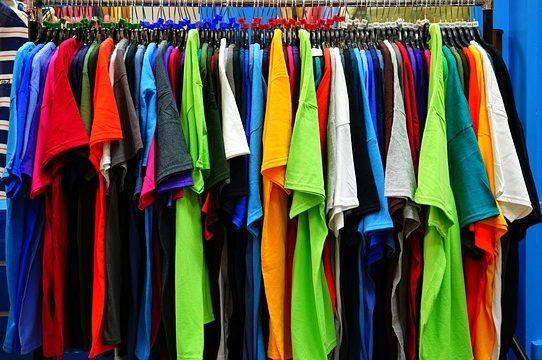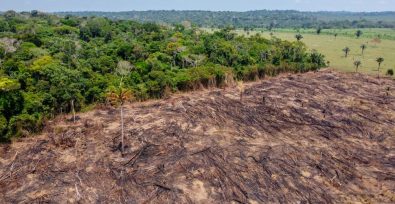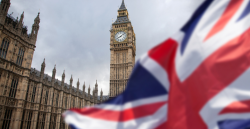America’s hard stand on both Uzbekistan and Turkmenistan regarding forced labor. The U.S. State Department gave the governments of both Uzbekistan and Turkmenistan downgrades today. Tier 3 is the lowest ranking in its annual Trafficking in Persons (TIP) Report. The two governments continue to coercively mobilize citizens to grow and harvest cotton. And the two continue to be the world’s biggest systems of state-sponsored forced labor…
Nadejda Ataeva, president to the Association for Human Rights in Central Asia talks about America’s hard stand: “The U.S. Government is to be commended for holding these government accountable for their pervasive abuses of human rights. Today, the State Department sent a strong message that states that use violence and fear to coerce citizens into forced labor belong on the lowest tier of the report’s rankings.”
The 2015 Uzbek cotton harvest was marked by a dramatic rise in attacks against independent civil society monitors, as reported in the Uzbek-German Forum for Human Rights’ annual reporting on the cotton harvest. Elena Urlaeva endured multiple detentions with invasive body cavity searches, Uktam Pardaev was arrested and placed under a form of house arrest, and Dmitri Tihonov was forced to flee after his house was burned down and he was threatened with arrest. As these monitors documented, the Uzbek government’s forced labor system continued unchanged from previous years. Officials forced more than a million Uzbek citizens to grow and harvest cotton under threat of penalty including loss of work or social security benefits, expulsion from school, and fines. Teachers, medical professionals and other public servants are particularly impacted, and public services such as education and healthcare are severely limited during the cotton harvest. Forced labor in cotton production in Turkmenistan is also state-orchestrated, systematic and widespread. According to reports from the Alternative Turkmenistan News, the Turkmen government forces farmers to deliver state-established annual cotton production quotas and thousands of workers to pick cotton under threats of loss of land, employment or wages. Forced-labor cotton production was noted as a reason for Tier 3 designations in the country reports for both Turkmenistan and Uzbekistan.
AFL-CIO’s Cathy Feingold said, “It is absolutely shocking these egregious worker rights abuses have persisted so long. It is incumbent on governments and international institutions to firmly press the Uzbek and Turkmen governments to end forced-labor cotton production, and the United States took a positive step toward that goal today.”
Uzbekistan and Turkmenistan are respectively the world’s fifth- and seventh-highest exporters of cotton, respectively. They funnel hundreds of millions of dollars from annual cotton sales, by conservative estimates, into non-transparent, unaccountable funds only accessible to government elite. The global supply chains are very opaque and the cotton ends up in the products of well-known global brands.
Pat Zerega senior director of Mercy Investment Services: “With this year’s report, the US government sent the right message to the Uzbek and Turkmen governments. Progress towards fulfilling a state’s duty to protect its citizens’ right to freedom from forced labor must start with the state itself not using forced labor. We now urge the US government to use the report rankings to press the Uzbek and Turkmen governments to eliminate state-orchestrated forced labor in their cotton sectors.”
To read the entire article about America’s hard stand, click on the link below.
http://www.cottoncampaign.org/united-states-takes-strong-stand-against-forced-labor-in-cotton.html







Freedom United is interested in hearing from our community and welcomes relevant, informed comments, advice, and insights that advance the conversation around our campaigns and advocacy. We value inclusivity and respect within our community. To be approved, your comments should be civil.